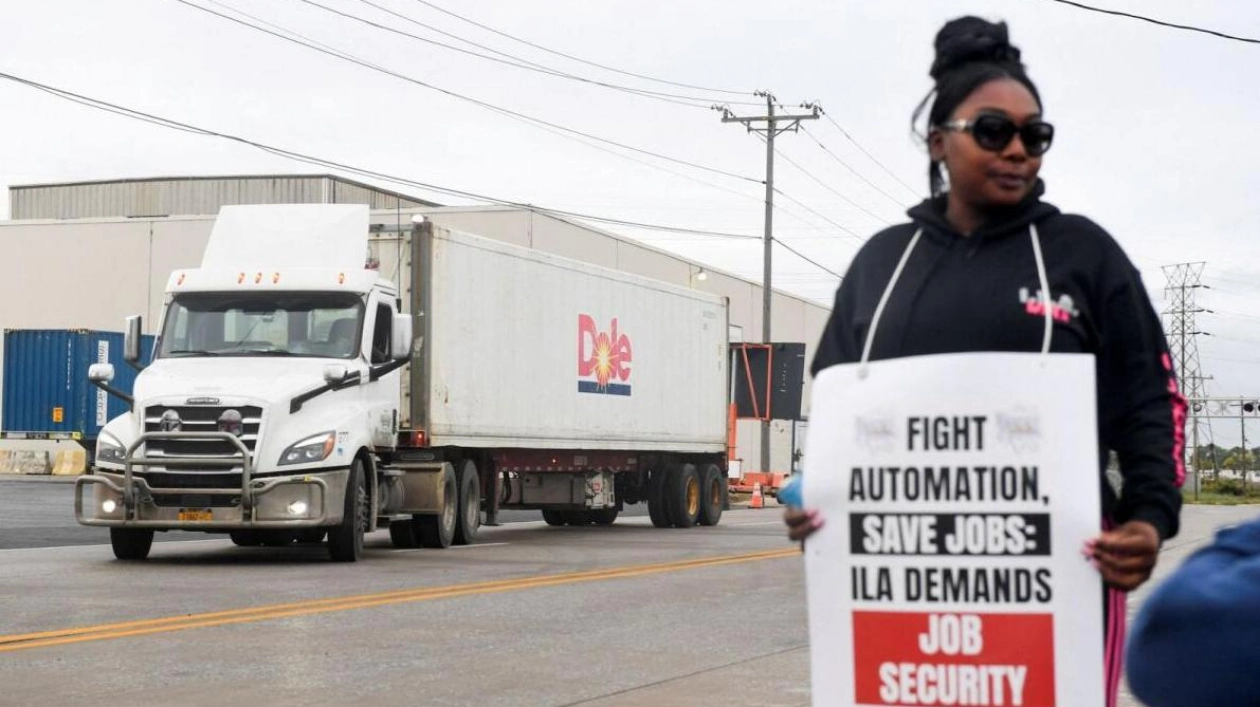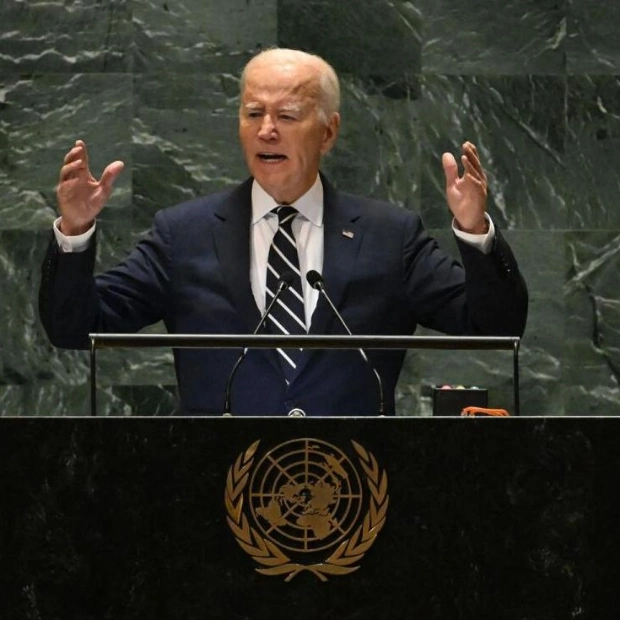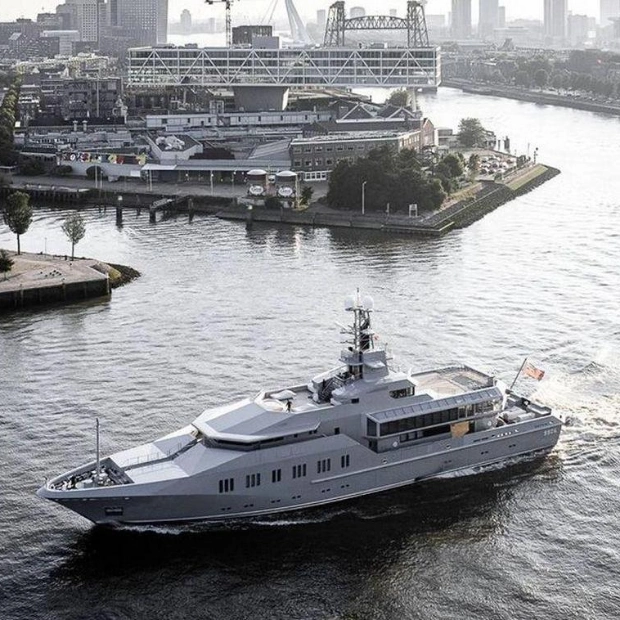Major retailers, including Levi Strauss and Costco, are implementing alternative shipping strategies to guarantee that goods reach stores in time for the peak holiday season amid the ongoing U.S. East Coast and Gulf Coast ports strike.
On Thursday, long lines of container ships were seen waiting outside major U.S. ports as the largest dockworker strike in nearly 50 years entered its third day, hindering unloading operations and potentially leading to shortages of various products, from bananas to auto parts. Retailers account for approximately half of all container shipping volume, with Walmart, IKEA, and Home Depot heavily dependent on the East Coast and Gulf Coast ports, according to eMarketer analyst Sky Canaves.
Denim manufacturer Levi Strauss, which primarily imports its products through the East Coast from Asia, has already made alternative arrangements, such as rerouting shipments to the U.S. West Coast, prioritizing certain ports, and utilizing air freight. As of November 2023, Levi operates 1,172 company-owned stores in 37 countries, including 412 in the Americas. Costco has also prepared contingency plans, including pre-shipping some products to ensure early arrival of holiday goods and preparing to use different ports.
Newell Brands, the maker of cleaning equipment like Rubbermaid mops and garbage cans, has contacted retailers such as Walmart and Lowe's, offering to increase production if needed. CEO Chris Peterson stated that the company could boost production of certain goods by 50% in the short term and increase capacity by about 20% in the medium to long term. Coffee, another product arriving through East Coast ports, has already seen disrupted shipments and rising prices.
J.M. Smucker, the maker of Folgers coffee, has strategies in place to address supply chain challenges, such as confirming available inventory, adjusting production plans, and evaluating re-routing shipments to the West Coast. Michael Ashley Schulman, chief investment officer at Running Point Capital Advisors, noted that prolonged strikes could make it difficult for retailers to implement backup plans without risking excess inventory once the strike ends.
Toy makers Mattel and Hasbro have limited exposure as they primarily source their supplies from China via West Coast ports, particularly Los Angeles. Walmart, the world's largest retailer by sales, has stated it is prepared for unforeseen supply chain disruptions and has maintained additional sources of supply to ensure key products are available. Some consumers have started buying extra paper products, fearing shortages, although most paper products are manufactured domestically.
Nakia, an associate at Target in Manhattan, observed shoppers stocking up on extra paper towels, tissues, and canned food, despite the store shelves being fully stocked. Yelena Shulyatyeva, a senior economist with BNP Paribas, expressed concern about the impact on inflation expectations, given the recent memory of supply chain disruptions during the COVID pandemic.
Conagra Brands CEO Sean Connolly expects the company to manage through any disruptions without significant impact, having worked with suppliers in advance. Tapestry and Home Depot are closely assessing the situation, similar to Nike, while Birkenstock declined to comment, and Best Buy, Target, and dollar chains did not immediately respond to requests for comment.






